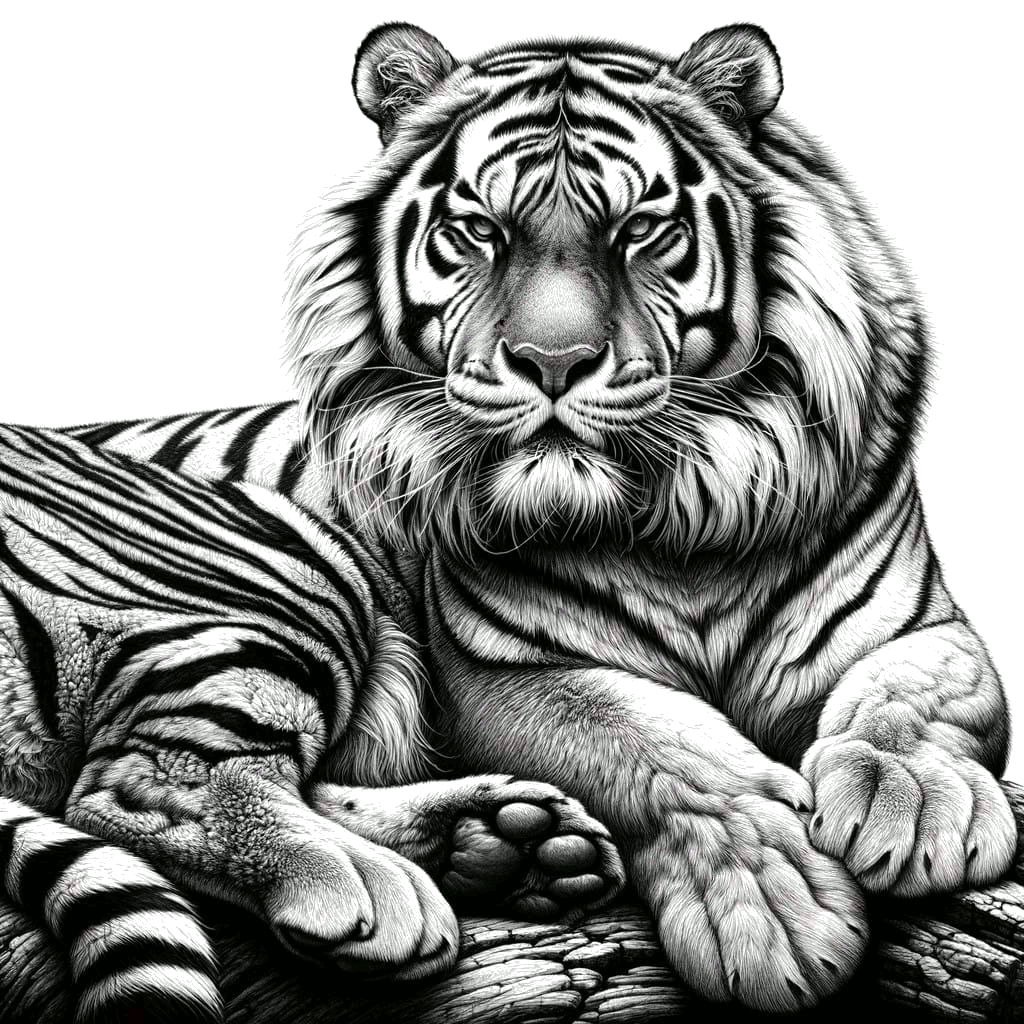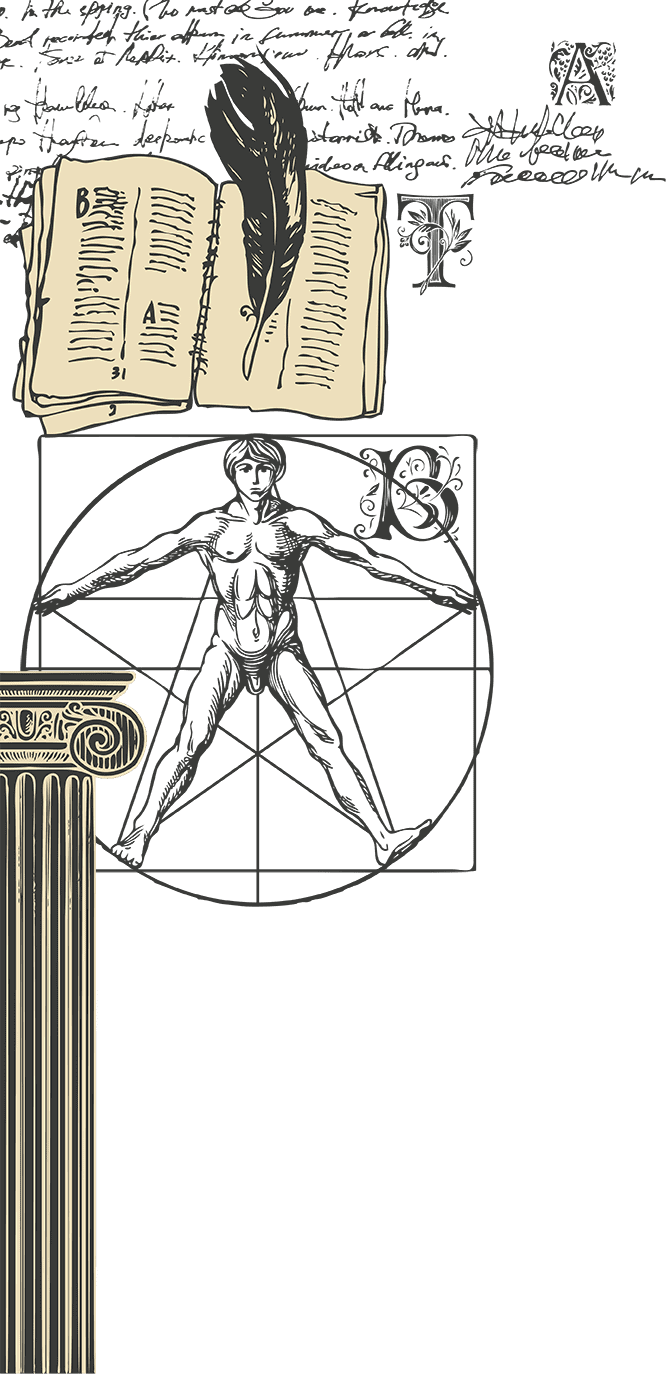
Deep in the vibrant jungles of India, a peculiar creature came into being. Tora was his name, a tiger unlike any other, with a soul that echoed more of a housecat’s playful demeanor than the ferociousness of a jungle king. His preferences were strange too; rather than hunting for meat, Tora found joy in nibbling on sugarcane, corn, and the lush crops that grew in the neighboring farmlands.
The villagers observed Tora’s peculiar behavior with a mixture of awe and bemusement. He purred like a contented housecat, chased after fluttering butterflies, and delighted in lounging under the sun’s warm glow. This gentle giant seemed blissfully unaware of his size and strength, approaching life with the innocence and curiosity of a kitten.
However, his unique vegetarian habits wreaked havoc on the farmers’ livelihood. Tora, in his blissful ignorance, feasted on crops intended for the markets, leading to substantial losses. Even so, his gentle demeanor earned him a place in the hearts of the villagers.
The tale of Tora spread far and wide, reaching beyond the humble confines of his home village. Intrigued outsiders began to visit, eager to catch a glimpse of the vegetarian tiger who behaved like a housecat. Unfortunately, among the crowd of admirers, there lurked individuals with darker intentions.
One fateful day, Tora’s blissful existence was abruptly cut short. A gunshot rang out, echoing ominously in the otherwise tranquil fields. Tora, caught in the midst of his harmless frolic, fell to the ground. Poachers had infiltrated the village, drawn not by the fascination for Tora’s uniqueness, but by the allure of the wealth his rare skin could command.
Tora’s tragic death cast a gloom over the village. The playful tiger who had charmed them with his innocence and peculiar habits was no more. His life, as extraordinary as it was, had met an unfortunate, early end.
The poachers, unswayed by the sanctity of life and driven by their avarice, claimed their prize. They took Tora’s distinctive skin, leaving his lifeless body behind. His hide, a symbol of his unique life, was sold and traded until it found its final resting place – on a wall in Aspinalls Club in London.
